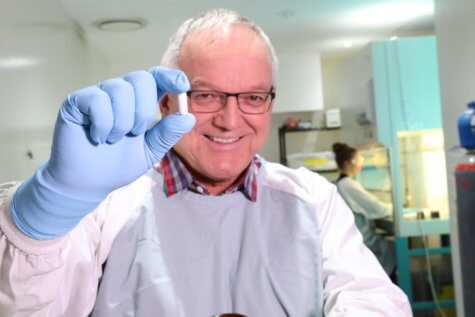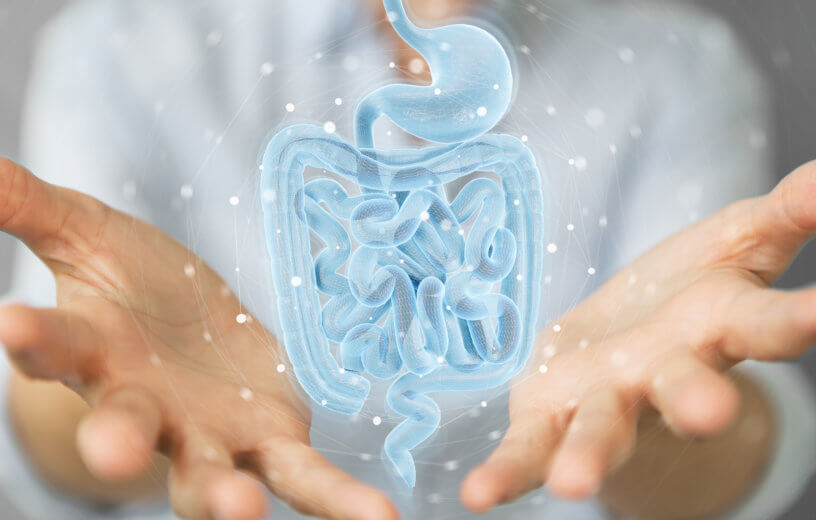AUSTRALIA — Scientists in Australia say they have made a breakthrough in treating a disease that was incurable, until now. A study published in Gut Pathogens reports that researchers at the country’s Centre for Digestive Diseases have created a potential cure for Crohn’s Disease.
Crohn’s is an inflammatory bowel disease that can affect several different points of the digestive tract. According to the Mayo Clinic, patients with Crohn’s Disease can suffer abdominal pain, diarrhea, fatigue, and weight loss. The pain can become severe and even lead to life-threatening complications.

“It has a negative impact on many aspects of quality of life, including physical, social, psychological, and sexual functioning,” researchers described in a statement.
There has been no known cure for Crohn’s, but the new study says a treatment devised by Prof. Thomas Borody has successfully put the disease into remission. The new treatment uses specific antibiotic combinations as well as a Fecal Microbiota Transplant (FMT). The transplant takes gut bacteria from a healthy donor and puts it into the patient, where it helps repopulate and rebalance the patient’s microbiome.
Borody is considered a world leader in fecal transfers and has overseen more than 37,000 transplants for the CDD. The study says patients could go decades without needing another treatment for Crohn’s.
“Prolonged remission has been achieved for 3-23 years with individualized treatments,” the report explained.
The Gut Pathogens report says most Crohn’s patients are diagnosed while in their 20s or 30s. Researchers believe there is an “imbalance present in the gut microbiome” of Crohn’s patients which could also contain a parasite.
Borody says this breakthrough treatment now opens the door for streamlining the FMT process. The professor says future treatments for Crohn’s Disease could use a “crapsule” — a pill full of freeze dried fecal material from a healthy donor — which could be easily taken orally.
Like studies? Follow us on Facebook!

After reading Sky Curtis’s book ” The Fecal Transplant Guidebook” my 26 yr old son diagnosed with Crohns in 2017 spent the summer of 2019 performing about 25 fecal enema stool transfers over two months. He mixed the frozen tested (no parasites) stool donated by his 14 yr old male cousin in a zip lock bag with distilled saline water that was emptied into enema bottle. After inserted the mixture, he raised his hips on a pillow and rotated as instructed in book from side to side for about 1 1/2hr. It has been 1 yr since. He is healed, no pain, urgency, bleeding, medication, doctor trips, fissures, weakness, weight loss, gas ….It is nothing short of a miracle. He eats organic whole fruits and vegetables, grassfed organic chicken, eggs, and beef. Black rice, all types of beans (soaked 24 hrs prior to cooking)and cheese. However, he also can cheat now and then without any problems. I believe that crohn’s is a imbalance in the gut bacteria caused by toxic foods, leaky gut, antibiotics, candida, parasites, C-diff….. and that healthy stool over the course of many stool transfers rebalances and transplants new healthy gut bacteria that regulates the T-Cells and heals the mucosal lining. Nothing more to it, however, it takes many stool transfers performed within a few days of each other over several months. The calprotectin marker will let you know when it is time to quit. The lower the number the better since it is a reflection of the inflammation in the gut.